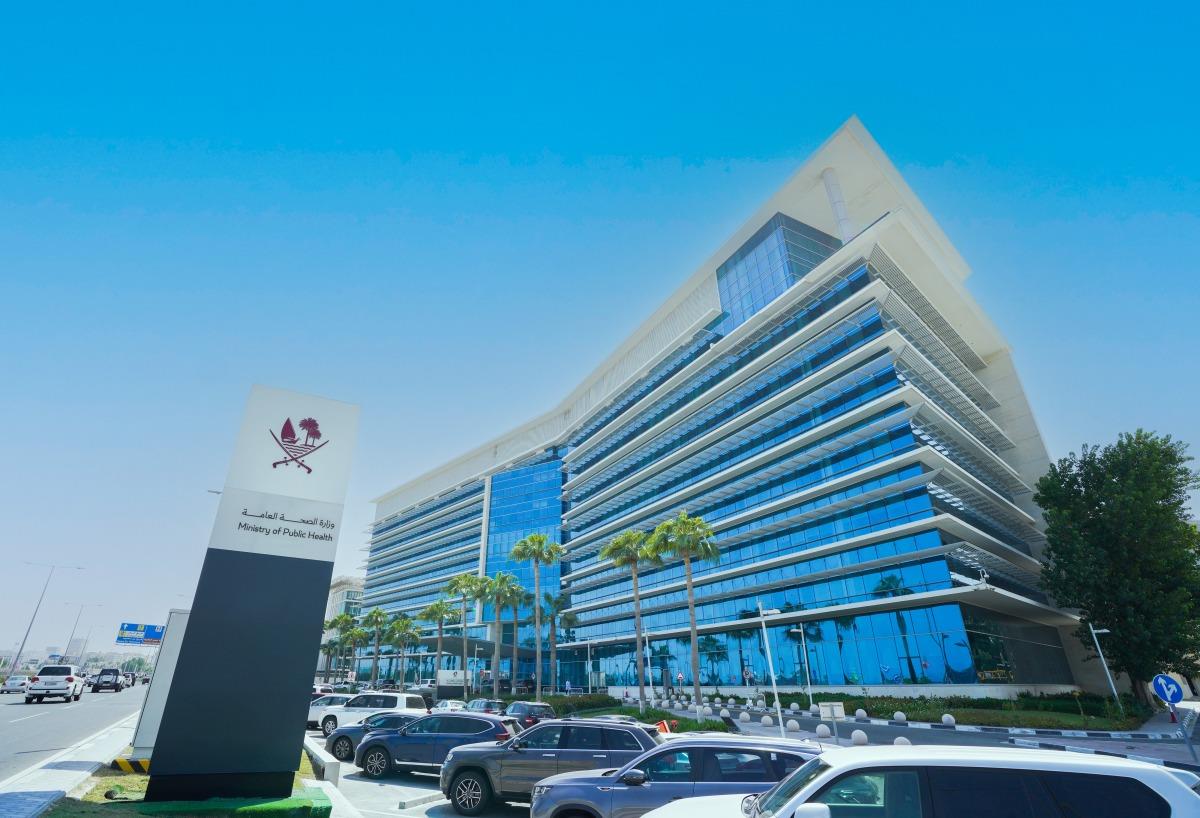
Qatar's Health Sector Poised For Significant Growth In 2025: Report
Doha, Qatar: Qatar's healthcare sector is set to experience significant growth in the coming years, with substantial investments in infrastructure, advanced medical technologies, and a surge in medical tourism.
Allocations for the healthcare sector constitute QR22bn, representing around 10.5 percent of the total budget of 2025.
According to recent forecasts by Statista, Qatar's hospital market is expected to generate an impressive $2.26bn in revenue by 2025, reflecting the country's growing focus on world-class healthcare services. By 2029, the sector is projected to continue its upward trajectory, reaching a market volume of $2.85bn, representing a robust annual growth rate of 5.94%.
The rise in healthcare infrastructure, including the increasing number of hospitals and medical facilities, has contributed significantly to this growth. Furthermore, Qatar's emphasis on fostering medical tourism is helping attract patients from abroad, bolstering the demand for high-quality treatments and specialised care. As Qatar's healthcare ecosystem continues to flourish, the adoption of cutting-edge technologies is enhancing the quality of medical services across the country.
Read Also-
Doha Municipality adopts first electric car to cut emission
Traffic accidents and rule violations declined in August 2024
13 government strategies launched last year
Recycling projects enhance Qatar's circular economy
Statista also forecasts that Qatar's hospitals are leading the way in integrating advanced technological solutions, including artificial intelligence and precision medicine, to deliver accurate diagnostics and personalised treatments.
The country is positioning itself as a regional healthcare hub, with state-of-the-art facilities capable of catering to a diverse population while maintaining high standards of care.
Statista has also projected that Qatar will have 1.16 hospital beds per 1,000 inhabitants and a nurse-to-population ratio of 7.5 nurses per 1,000 inhabitants by 2025.
In parallel, Qatar's medical device market is also experiencing considerable growth, with a forecasted revenue of $744.90m by 2025. Within this market, cardiology devices are expected to lead, with a projected volume of $121.60m. The sector's expansion is fuelled by a rising demand for innovative medical devices that can support the country's rapidly developing healthcare infrastructure. Qatar's healthcare customers are increasingly seeking advanced devices that offer improved accuracy, portability, and speed, making it easier for healthcare providers to diagnose and treat patients efficiently.
From wearable health monitors to telemedicine platforms and remote patient monitoring systems, digital health technologies are gaining traction in Qatar. These innovations are revolutionising the way healthcare services are delivered, particularly in remote areas of the country, where access to healthcare may be more limited. In response to this demand, Qatar's government is actively supporting the integration of digital health technologies as part of its strategy to improve healthcare outcomes and reduce costs.
Preventive healthcare is another growing trend in Qatar, as the government invests in initiatives aimed at addressing the increasing prevalence of non-communicable diseases such as diabetes and cardiovascular conditions. According to projections, by 2025, nearly 19.44% of Qatar's population will be affected by diabetes, underscoring the need for greater emphasis on early detection and ongoing monitoring. Medical devices such as glucose monitors and blood pressure cuffs are seeing a surge in demand as the population becomes more health conscious.

Legal Disclaimer:
MENAFN provides the
information “as is” without warranty of any kind. We do not accept
any responsibility or liability for the accuracy, content, images,
videos, licenses, completeness, legality, or reliability of the information
contained in this article. If you have any complaints or copyright
issues related to this article, kindly contact the provider above.


















Comments
No comment